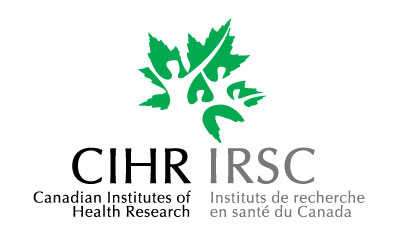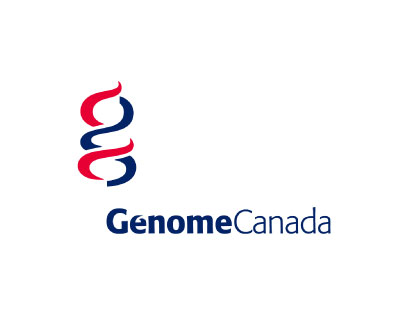About the Lab
The goal of the lab is to understand mammalian genomes using comparative genomic and epigenomic analyses. Areas of interest include: the evolution of regulatory sequences, the role of transposable elements in gene regulation and the impact of genome rearrangements in evolution and cancer.
As a computational genomicists our work involves examining billions of DNA base pairs and interpreting how variation impacts basic biology and disease. We develop computational methods and resources for the functional annotation of genomes with a special emphasis on sequencing-based assays (e.g. ChIP-seq, RNA-Seq, exome- and whole-genome sequencing, single-cell analysis).
Research Projects

SD4Health
SecureData4Health (SD4H) is a secure cloud infrastructure for analysis and sharing of genomic and health data. Through SD4H, we will be able to build an unprecedented resource that will enhance our capacity for genomic and health data analysis by orders of magnitude.
sd4health.ca

EpiShare
C3G drives the development of the EpiShare Open Science initiative to enhance the accessibility of epigenomic datasets and RNA expression reference data to users worldwide. In close collaboration with the International Human Epigenome Consortium (IHEC) and the Encyclopedia of DNA Elements (ENCODE), EpiShare adapts and extends GA4GH tools and standards to make accessing, sharing and analyzing epigenomic data more flexible.
epishare.ca

Primate comparative epigenomics
Using multi-species functional maps we are defining the ancestral epigenomics state of the tissues of interest and are using this information to improve our understanding of transcription regulation and non-coding DNA. One of our focus is on characterizing the impact of transposable elements on the regulatory landscape in the human genome.
Funding: CIHR

Genome rearrangements in cancer
Overview: Genome rearrangements can have a high functional impact but are still difficult to detect using most next-generation sequencing technologies. We are developing novel methods to detect such rearrangements even in genomic repeats or transposable elements, which are enriched in structural variants.
Funding: NSERC

Canadian Center for Computational Genomics (C3G)
The C3G provides services in computational genomics, high throughput data analytics, and biomedical software development. Additionally, by partnering with Compute Canada, the C3G enables access to an extensive suite of bioinformatics software along with HPC resources for the benefit of the genomics community.
Funding: Genome Canada

Multidimensional Epigenomics Mapping Centre (EMC) at McGill
The EMC is a key component of the Canadian contribution to the International Human Epigenome Consortium (IHEC). Funded by the Canadian Epigenetics, Environment and Health Research Consortium, a CIHR flagship initiative, it support the production of reference epigenomes, the development of standardized workflow and data analysis and sharing tools such as the IHEC Data Portal.
Funding: CIHR

CanDIG: Canadian Distributed cyber-Infrastructure for Genomics
CanDIG will create within Canada the computational infrastructure to effectively share the genetic and clinical information that is already being generated within our centres, and to access data being made available across the world.
Funding: CFI
